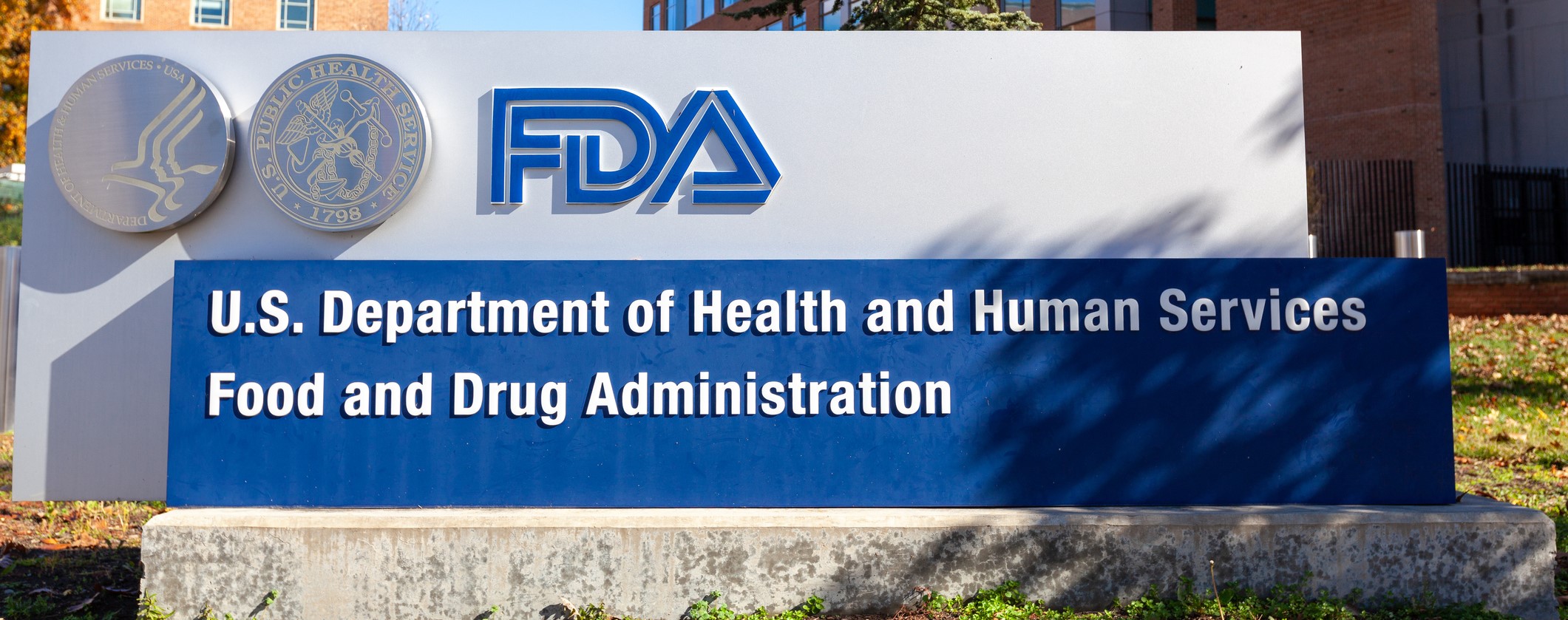
The U.S. Food and Drug Administration has updated a safety communication on reprocessing flexible bronchoscopes and is recommending that healthcare providers consider using single-use bronchoscopes when there is increased risk of spreading infection and when treating COVID-19 patients.
This recommendation to transition to single-use bronchoscopy in cases with high risk of infection transmission comes as the country rebounds from the COVID-19 pandemic, a disease that put healthcare worker safety and risks for hospital-acquired infection in the spotlight. Healthcare providers are encouraged to consult March 2020 American Association for Bronchology and Pulmonology (AABIP) COVID-19 safety communication for guidance on when to use single-use bronchoscopes.
The FDA safety communication also updated years of investigation into medical device reports (MDRs) related to bronchoscope-associated infection. The agency collected 867 MDRs between July 2015 and January 2021, an almost eightfold increase compared with the 109 bronchoscope-related MDRs from January 2010 to June 2015.
There were seven patient deaths reported in that time, but it’s not known if the deaths were related to contaminated bronchoscopes.
While the risk of device-related infection is considered to be rare, the FDA previously determined in its 2015 safety communication that bronchoscopes “pose a greater likelihood of microbial transmission and represent a high risk of infection if they are not adequately reprocessed.”
Reprocessing Guidance for Flexible Endoscopes
Bronchoscopes are thin, lighted tubes inserted through the nose or mouth to diagnose and treat conditions in the airway, lungs, and lymph nodes. Like all flexible endoscopes, bronchoscopes are classified as semi-critical devices and require a minimum of high-level disinfection between uses. More than 500,000 bronchoscopies are performed annually in the U.S., according to the most recent data available.
The new communication recommends healthcare facilities use sterilization, rather than high-level disinfection when possible for flexible bronchoscopes. If there is “no support for immediate reprocessing,” providers should use single-use bronchoscopes.
Reusable flexible endoscopes have been under increasing scrutiny from the FDA in recent years due to reported device-related infections — including from multidrug-resistant bacteria — and patient fatalities. Post-market surveillance studies identify several reasons for inconsistencies in reprocessing success. They include the complexity of reprocessing such delicate instruments as well as the time pressures on technicians that may cause vital steps to be performed inadequately or skipped entirely.
The FDA recently announced new investigations into numerous MDRs related to urological endoscopes. In a letter to healthcare providers on April 1, the agency disclosed the reports being investigated include patient infections and three device-related patient deaths outside of the U.S.
In August 2019, the FDA recommended duodenoscope manufacturers and healthcare facilities transition to partially or fully disposable duodenoscopes. Investigations into device-related infection in endoscopic retrograde cholangiopancreatography (ERCP), the procedure duodenoscopes are used for, began in 2015.


